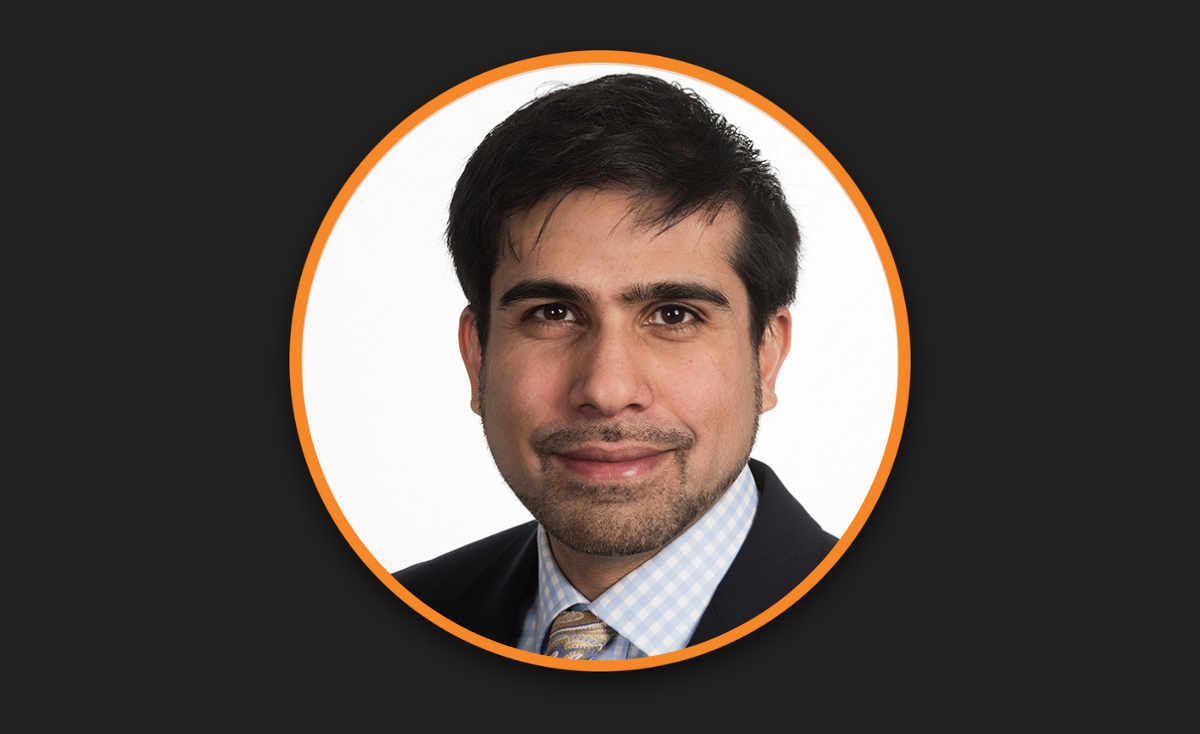
Abid Kazmi: Pollution is a more “real” issue in emerging markets, which means that the need for transformative technologies are in much higher demand.
The fact that these projects are more prevalent in emerging economies could also be related to geographic reasons; some countries may have more challenging terrain, which requires certain types of infrastructure or could be the availability of land and resources, which makes these projects easier and more cost-effective to complete.
Because emerging markets tend to depend on external capital for financing, a lot of offshore funding has strings attached, which now may include the requirement for projects to comply with ESG-friendly standards.
“That emerging markets may be the types of markets that tick
all the right boxes for ESG-compliant infrastructure projects.”
A combination of all of these foregoing factors means that emerging markets may be the types of markets that tick all the right boxes for ESG-compliant infrastructure projects, across all of the ESG-related criteria.
Once a project is funded through such means, it could lead to further investor interest and the proliferation of further projects that meet these standards.
This has a very advantageous effect of lowering emissions and putting the country in a position of being net carbon negative. These countries can enjoy future funding through the sale of carbon credits to nations that are net positive.
Another aspect to consider is that the difficulty that some emerging markets may encounter in raising financing can make some of them ideal places for new and creative forms of financing, including in the form of cryptocurrencies.
Abid: Investors are paid a premium for their exposure to duration, credit or liquidity risk above the risk-free rate of return. This is why assets such as real estate or private debt command a higher return than developed market sovereign debt.
In developed economies, the regulatory environment (i.e., accounting, bankruptcy rules, access to “salvage” in case of credit events) is quite similar, for the most part.
Regions such as Canada, the U.S. and Europe have investor rules that generally tend to mimic one another, albeit not necessarily down to the fine print.
The rules and consequences are well understood, relative to in emerging markets, where regulations and ownership protections can be more opaque.
This means that assets such as real estate and private debt, albeit very different from one another, can be compared to one another in developed markets while the same cannot be said about these two asset classes in emerging markets.
“We should see developing economies catching up to developed countries
and a mandate in investment manager’s portfolio to seek out such assets.”
Ultimately, it comes down to the regulatory and legal environment as to why we don’t tend to see such allocations.
Assuming capital is imported in a manner that is above board within the guidance of governments, longer term assets are incredibly attractive compared to short term ones on a risk-adjusted basis.
Many investments won’t pay off over the next five years due to simple hurdles but can do so in the long run.
With the focus on helping future generations in emerging markets, and with changes in the respective regulatory and legal environments in these countries, we should see developing economies catching up to developed countries and a growing mandate in every investment manager’s portfolio to seek out such assets.
Abid: Historically, bond traders are more actively trading in and out of credit (i.e., selling high and buying low).
Insurers and pensions are now also doing this, but ultimately, there is not as much value in generating alpha in pensions, as they tend to be more focused on meeting their run rate.
Insurance companies have become more so hybrid. Today, they are closer to bond traders, seeking value while being cognizant of volatility.
At the end of the day, pensions and insurers tend to be slower to change their views on credit, while bond traders have more of an incentive to “get it right”.